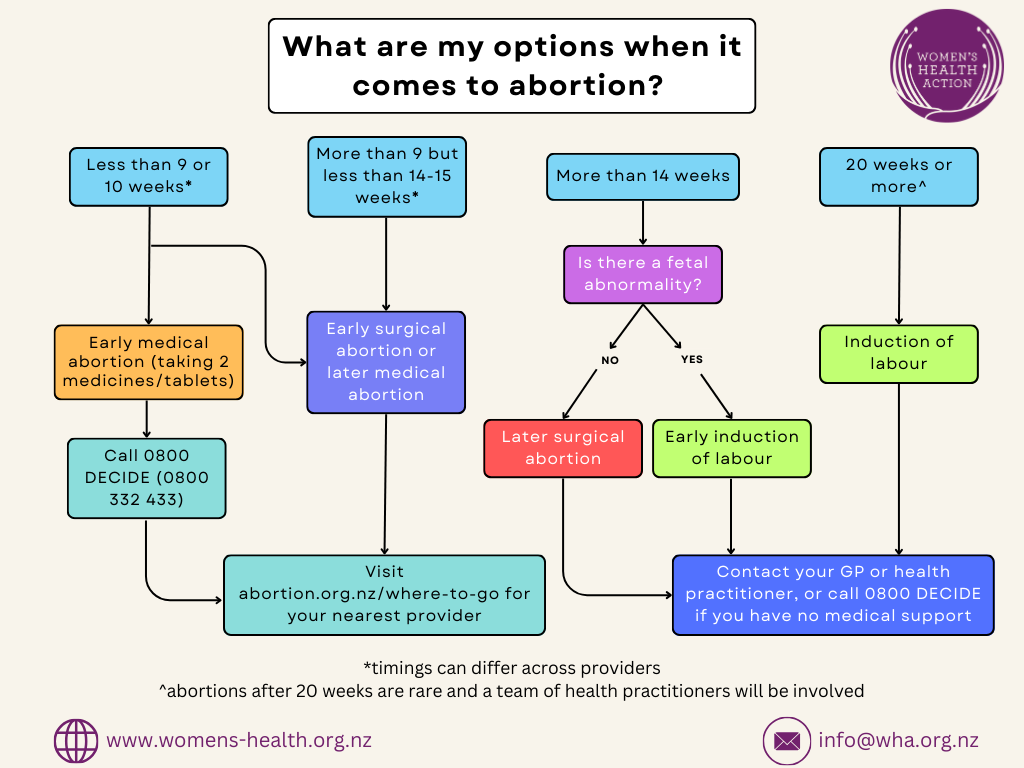
Pregnancy Termination: A Comprehensive Guide
Introduction
Pregnancy termination, also known as abortion, is a procedure that ends a pregnancy. It is a highly personal and often difficult decision that can be made for a variety of reasons. In the United States, abortion is legal and accessible, but it is also highly regulated. This article provides a comprehensive overview of pregnancy termination, including the different types of procedures, the legal framework, and the ethical considerations.
Types of Pregnancy Termination Procedures
There are two main types of pregnancy termination procedures:
- Medical abortion: This procedure uses medication to end a pregnancy. It is typically used up to 10 weeks of gestation.
- Surgical abortion: This procedure uses suction or dilation and curettage (D&C) to remove the pregnancy tissue from the uterus. It is typically used after 10 weeks of gestation.
The type of procedure that is recommended will depend on the stage of pregnancy and the patient’s individual circumstances.
Legal Framework
In the United States, abortion is legal nationwide. The Supreme Court’s 1973 decision in Roe v. Wade established a woman’s right to choose to have an abortion without excessive government interference. However, states are allowed to regulate abortion to some extent. These regulations can include:
- Waiting periods: Some states require women to wait 24 or 48 hours before having an abortion.
- Parental consent: Some states require minors to obtain parental consent before having an abortion.
- Ultrasound requirements: Some states require women to have an ultrasound before having an abortion.
These regulations vary from state to state. It is important to check the laws in your state before making a decision about abortion.
Ethical Considerations
The decision to terminate a pregnancy is a deeply personal one. There is no right or wrong answer. However, it is important to consider the ethical implications of abortion before making a decision.
Some people believe that abortion is morally wrong because it involves taking a human life. Others believe that a woman has the right to choose what happens to her own body, even if it means ending a pregnancy.
There is no easy answer to the ethical question of abortion. It is a complex issue with no clear consensus. Ultimately, the decision of whether or not to have an abortion is a personal one that should be made by the woman involved, in consultation with her doctor.
Alternatives to Abortion
In some cases, there may be alternatives to abortion. These alternatives include:
- Adoption: This option involves placing the child with a family who will raise it as their own.
- Parenting: This option involves keeping the child and raising it yourself.
- Fetal reduction: This procedure is used to reduce the number of fetuses in a multiple pregnancy.
These alternatives may not be right for everyone. However, it is important to be aware of all of your options before making a decision about abortion.
Conclusion
Pregnancy termination is a complex and often difficult decision. It is important to consider all of the factors involved before making a choice. The decision of whether or not to have an abortion is a personal one that should be made by the woman involved, in consultation with her doctor.